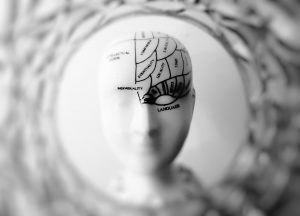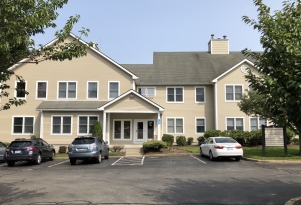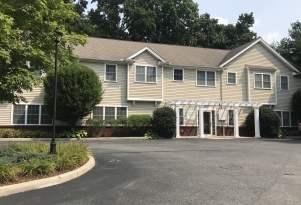Neuropsychological & Psychological Assessment
Neuropsychological Assessment
Core Neuropsychology Team

Meghan Collier, PhD
Clinical Neuropsychologist

Jill Henley, PsyD
Clinical Neuropsychologist

Nicole Morreo, PsyD
Clinical Neuropsychologist

Diana Mangiarelli, MS, CSP, Board Certified Psychometrist
Certified Specialist in Psychometry
What is Neuropsychological Assessment?
Other Assessment Services
Assessment Providers

Kathryn Scrimenti, PhD
Clinical Psychologist

Kristen Gayle, PhD, LCPC
Clinical Professional Counselor








